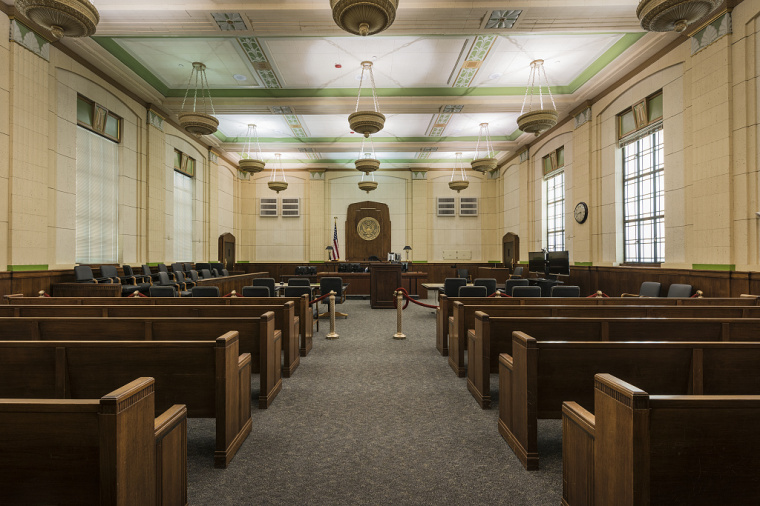Homeschool Mom in court: I want to give my children a faith-based education

AUSTIN, Texas (Christian Examiner) – Laura and Michael McIntyre just wanted to homeschool their nine children, not become embroiled in a series of lawsuits that brought them to the state supreme court this past Monday, Nov. 2.
"Our faith is foremost in our lives and we find it very important that our children receive a faith-based education," Laura McIntyre said in an affidavit presented as evidence in court.
The couple came to the attention of a truancy officer in El Paso when Michael's brother reported the family for allegedly not teaching their children anything. The ensuing case reached national news when the children's uncle claimed he overheard a child explain the family did no homework because they were waiting to be raptured.
As Jay Michaelson at the Daily Beast puts it, "Nearly one hundred years ago, the state of Texas required children to attend school, whether in public school, private school, or at home. Now, a state supreme court case may carve out a religious exemption to that requirement."
The McIntyres won the district lawsuit about their motorcycle business, co-owned by Michael and his brother, who called the school district about the homeschooling family. Now, appeals have brought the question before the highest state court: Is Texas allowed to regulate what is taught in homeschools?
"It is paramount that our children receive a Christian education, one they could not receive in public school," McIntyre said.
THE MCINTYRES' CASE
The El Paso truancy officer, alerted by the children' uncle, demanded to be shown proof that the McIntyres were meeting the basic standards of schooling in the state. The McIntyres argued this violated their Fourteenth Amendment rights.
In a prior case, Leeper v. Arlington ISD, the Supreme Court of Texas ruled a specific definition equating homeschools to private schools was correct: "homes in which children are taught in a bona fide manner from a curriculum designed to meet basic education goals" of literacy, math, and citizenship.
The McIntyres want to give their children a religious education without any governmental oversight.
However, in the opinion of the district appeals judge, Chief Justice Ann Crawford McClure, "The McIntyres ... do not have an 'absolute constitutional right to home school.' ... Instead, they have a right to home school their children, but a home school will only meet the private or parochial exemption from the compulsory school attendance laws if it meets the criteria set out in Leeper."
One of the McIntyres' children, Tori, allegedly ran away from home to live with an aunt and uncle. When she enrolled in public school, she was placed two years below her grade level. However, the McIntyres' attorney attributes this to the school district's desire to raise sophomore standardized test scores by placing sophomores as freshmen.
About 1.7 million children are homeschooled in the U.S., according to the Daily Beast, which also points out evangelicals make up about 40 percent of the population. Consequently, families are following this ruling closely.
RELIGIOUS EXEMPTION?
In attempting to ascertain where there was any actual learning occurring in the McIntyre homeschool, the El Paso school district allegedly overstepped its bounds according to state law, which does not require proof of student progress.
That is what the appeal to the Supreme Court of Texas is about: to clarify whether Leeper permits the government to verify but not review curriculum for "bona fide education" in private schools like the McIntyres' homeschool, according to the McIntyres' court documents.
The Home School Legal Defense Association said the McIntyres are "in full compliance" with the law, according to ChristianHeadlines.com.
The McIntyres' brief in appeal requests the court to "confirm that the [El Paso School] District's curriculum demands violated the McIntyres' Fourteenth Amendment liberty interest in directing their children's education."
Regardless of whether the McIntyres did actually educate their children, what may be at stake in their case is a state-approved exemption from education on religious grounds.